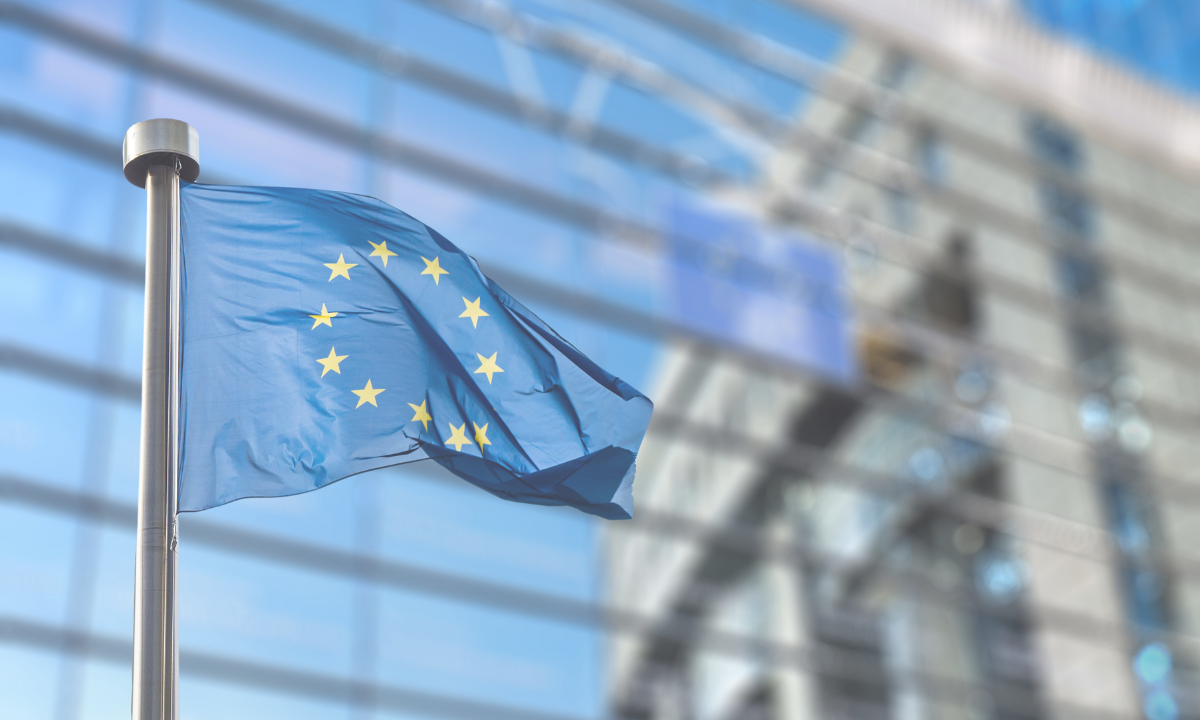IPOPI’s position following the European Parliament’s ENVI committee vote on the SoHO legislation

On September 12, the European Parliament voted on the report on the proposal for a Regulation on the standards of quality and safety for substances of human origin intended for human application (SoHO). The International Patient Organisation for Primary Immunodeficiencies (IPOPI) welcomes the European Parliament report’s intention to increase European plasma collection autonomy so as to reduce its dependence on plasma coming from third countries and increase the availability of life-saving plasma-derived medicinal products such as immunoglobulin replacement therapies, whilst safeguarding the safety and quality standards of SoHOs. Still, there are certain elements that will play against the general objective of having robust legislation and improved protection for patients dependent on plasma-derived medicinal products.
Donor compensation
Donors should be compensated for the expenses and inconveniences related to the donation while respecting national legislation. IPOPI supports continuing to use the wording from the current legislation on tissues and cells, which covers better the different realities of donors and avoids using the definition of “quantifiable loss” and “reimbursement of expenses” which is more difficult and more administratively burdensome to implement in practical terms. The report includes a definition of compensation that is both prescriptive and restrictive in what can be done in terms of compensation and will lead to an increased bureaucracy in the management of that compensation and a loss of flexibility for Member States implementation of the regulation. How to justify that the expenses are directly linked to the donation is no easy task to start with.
In addition, measures considered to promote donation such as “compensated leave”, will be very complicated to put into practice for a majority of employers. For small businesses, for instance, it would be very problematic to grant and encourage an employee to donate plasma during their working time, as they would need to receive compensatory leave on top of the paid holidays. Donor profiles are variable as well: not all donors are in the workplace, nor in a profession that would enable them to take compensated leave; and should there be a quantification of income would the CEO of a given company receive a much higher amount than a junior employee for the same donation? As currently phrased the definition of compensation and the amended article 54 therefore fail to recognise the plurality of plasma donor demographics, the different national collection frameworks and would create hurdles for some of the currently most successful plasma collection national systems in the EU. IPOPI therefore calls for a SoHO regulation which defines compensation as compensating donors for the expenses and inconveniences related to their donation without further specifications. This will ensure Member States can continue to define the type of compensation on the basis of their national context and in line with the Recommendations of the Council of Europe Committee on Bioethics.
Risk considerations
The regulation should be flexible enough to be based on scientific evidence and be able to keep up to date, through technical meetings and guidelines that would be able to incorporate the latest scientific evidence through delegated acts. In this sense, we call on the Member States and the Council to reconsider the consideration of plasma to imply a significant risk due to the possibility of donors to donate frequently. Plasma can be collected through apheresis much more frequently (such frequency may be defined slightly differently by different Member States in accordance with their regulatory authorities) than blood, and scientific evidence has shown that plasmapheresis is a safe and effective procedure, comparable to blood collection. Risk stratification considerations would be best considered as a matter for technical guidelines that can be updated as needed and in a more flexible manner. Including technical aspects and considerations that fail to take into account currently available evidence and may further be subject to change due to science and technical evolution will be burdensome and end up requiring unnecessarily a reopening of the future Regulation.
IPOPI calls now on to Member States, Members of the European Parliament and the Council of the EU to consider these two points and ensure that the future legislation has no negative and unintended consequences during its implementation at a national level and it is flexible enough to evolve with science and scientific evidence. This, to ensure the ultimate objective of meeting patients’ need for life-saving plasma-derived medicines is met.



